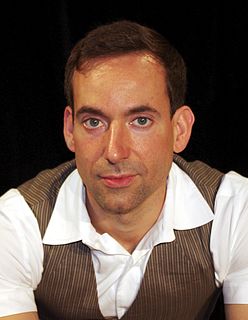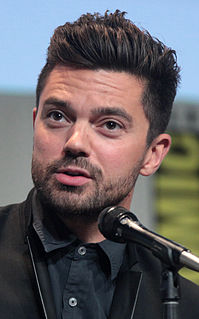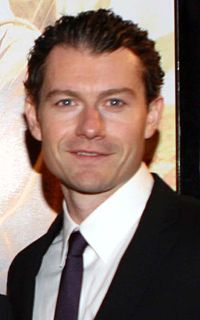A Quote by Gene Luen Yang
I grew up in a religious community, and like everyone, I went through a period of doubt and later made a conscious choice to embrace the faith of my childhood.
Related Quotes
Through my Faith-Based and Community Initiative, my Administration continues to encourage the essential work of faith-based and community organizations. Governments can and should support effective social services, including those provided by religious people and organizations. When government gives that support, it is important that faith-based institutions not be forced to change their religious character.
Tibet, why is it occupied? For political reasons maybe they have a reason. I don't know. But religiously, why? The fact that the religious community is being oppressed and persecuted is something that every single person in the world who has any religious faith and religious feeling for - for people who have faith should speak up.
Take faith, for example. For many people in our world, the opposite of faith is doubt. The goal, then, within this understanding, is to eliminate doubt. But faith and doubt aren't opposites. Doubt is often a sign that your faith has a pulse, that it's alive and well and exploring and searching. Faith and doubt aren't opposites, they are, it turns out, excellent dance partners.
God gave me the gift of faith. I don't mean that in any miraculous sense, I mean through the parents who educated me, through the brothers and sisters I grew up with, the schools I went to, there was this influence upon me which was the faith, in the concrete. I accepted it, I questioned it, I grew up with it, and in the end, as a mature adult, I continue to accept it.
In effect, I grew up in a sort of timewarp, a place where times are scrambled up. There are elements of my childhood that look to me now, in memory more like the 1940s or the 1950s than the 1960s. Jack [Womack] says that that made us science fiction writers, because we grew up experiencing a kind of time travel.
I think growing up, we always try to make sense of who we are, what we go through, and I grew up in a very religious household. I interpreted what was wrong with me through religious language and I concluded, probably because of a combination of forces around me, that there was something in me that God didn't like or was unhappy with. Since these problems were in large part congenital, that meant that I was doomed from the beginning. I didn't have a chance.
As soon as we ask what faith is and what sort of mistreatment of faith causes doubt, we are led to the first major misconception about doubt-the idea that doubt is always wrong because it is the opposite of faith and the same thing as unbelief. What this error leads to is a view of faith that is unrealistic and a view of doubt that is unfair.
The great masses of people do not consist of philosophers; precisely for the masses, faith is often the sole foundation of a moral attitude. The various substitutes have not proved so successful from the standpoint of results that they could be regarded as a useful replacement for previous religious creeds. But if religious doctrine and faith are really to embrace the broad masses, the unconditional authority of the content of this faith is the foundation of all efficacy.






































